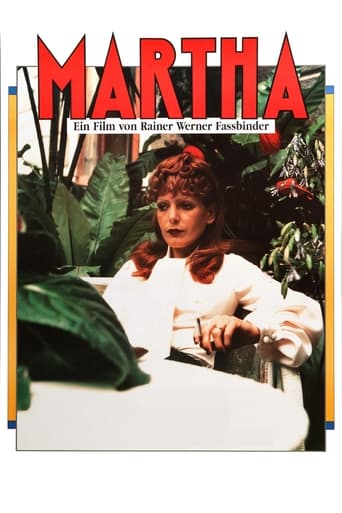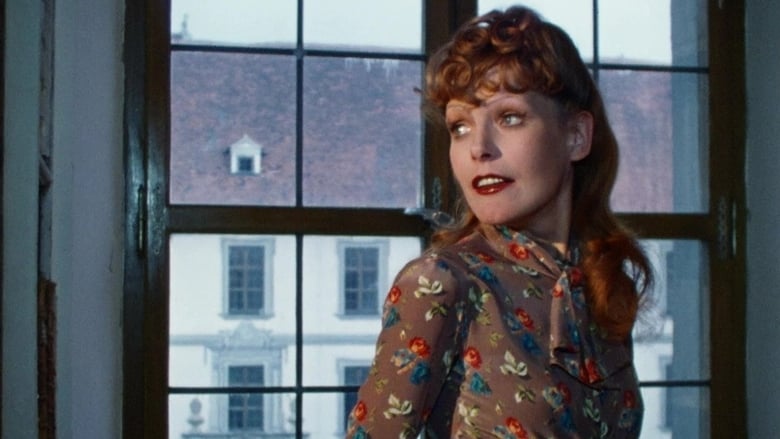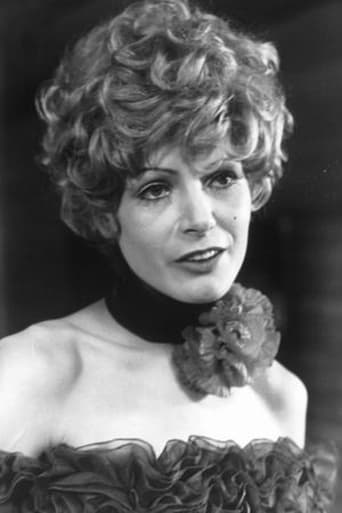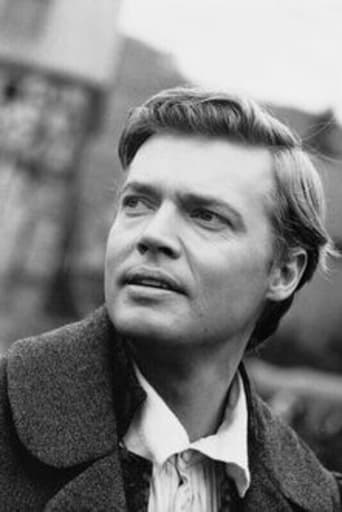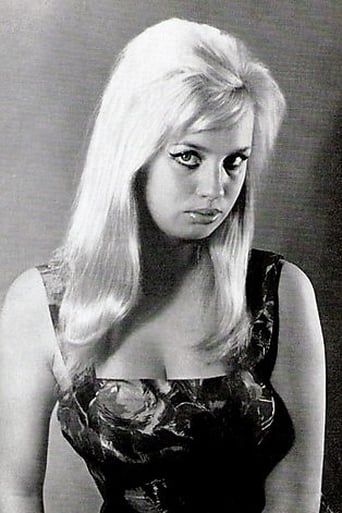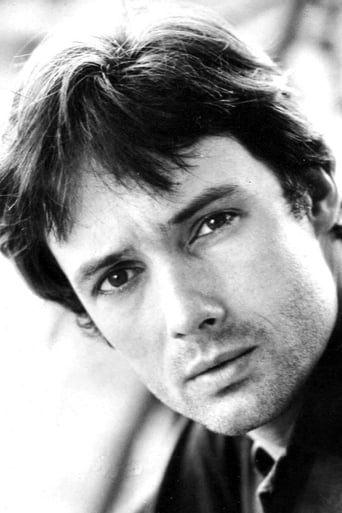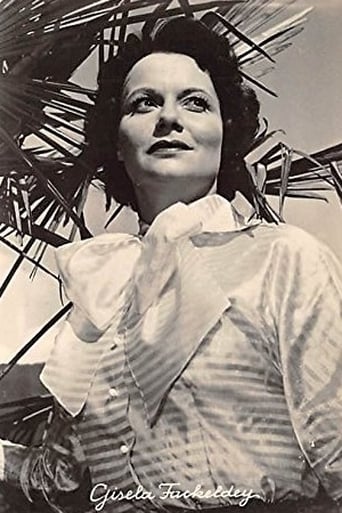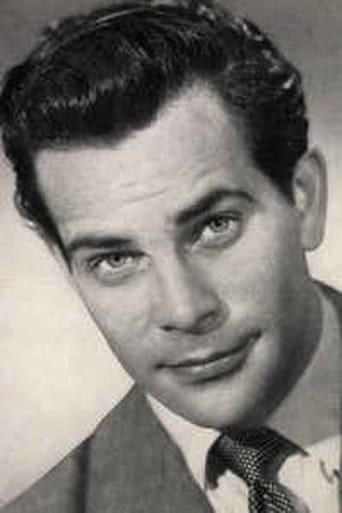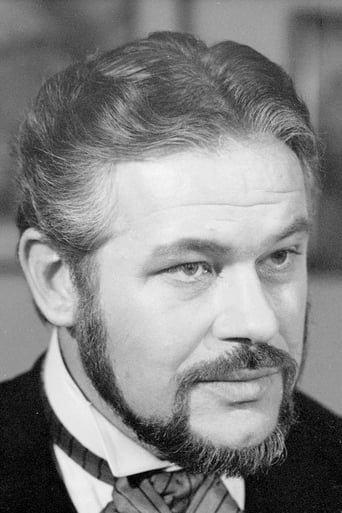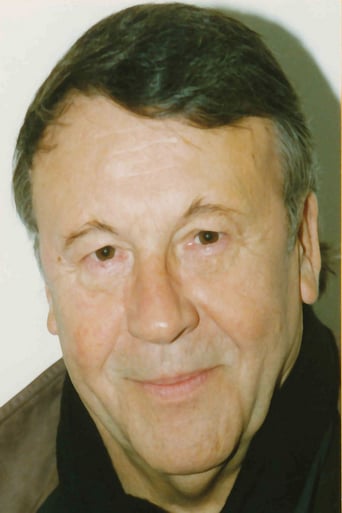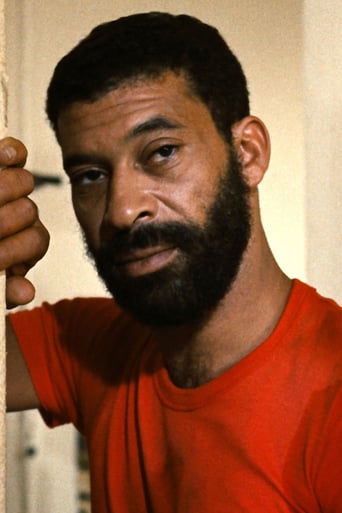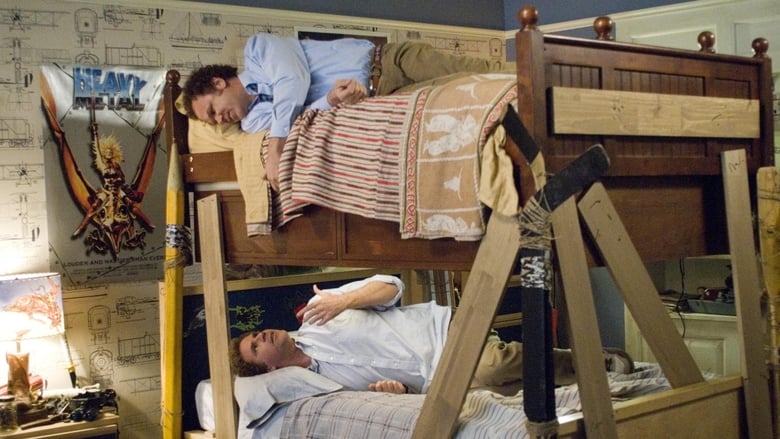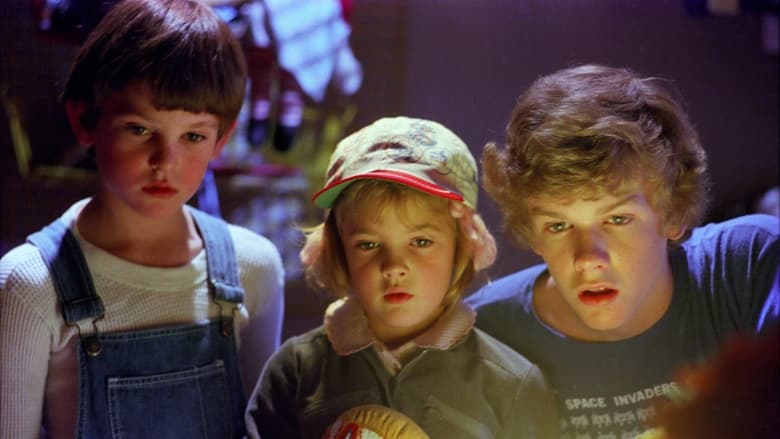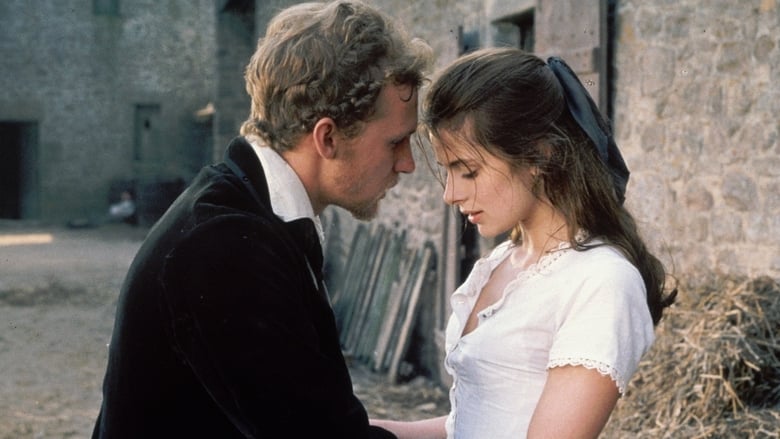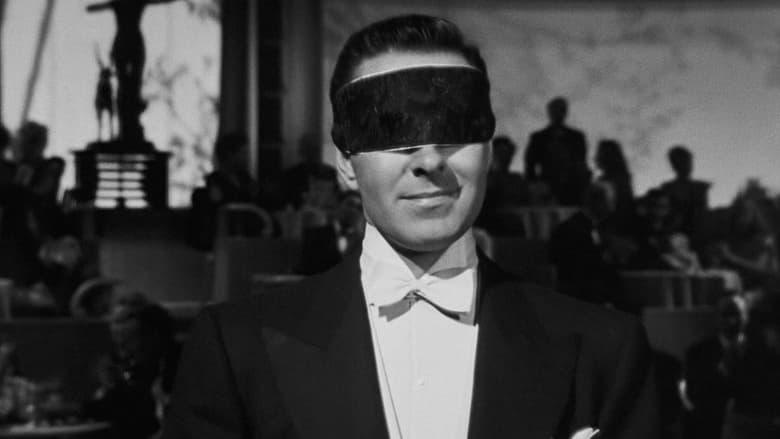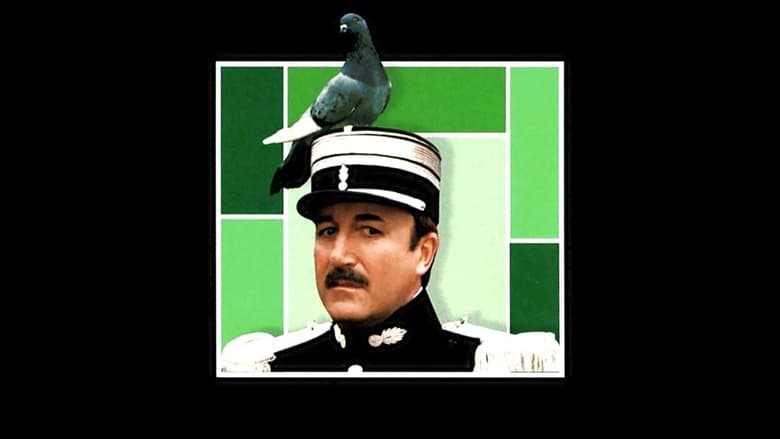After the death of her abusive father, lonely librarian Martha finds herself caught up in a strange, sadomasochistic relationship with a monstrous husband whom she begins to suspect may be trying to murder her.


Similar titles
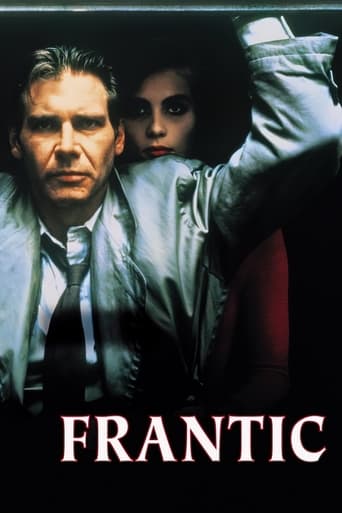
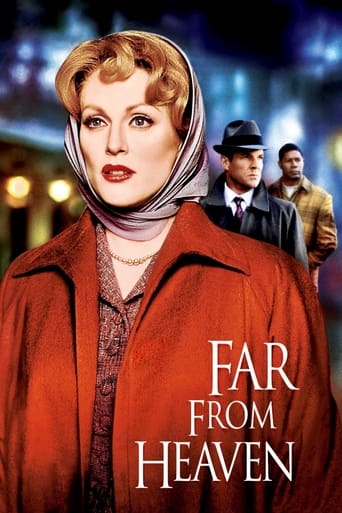
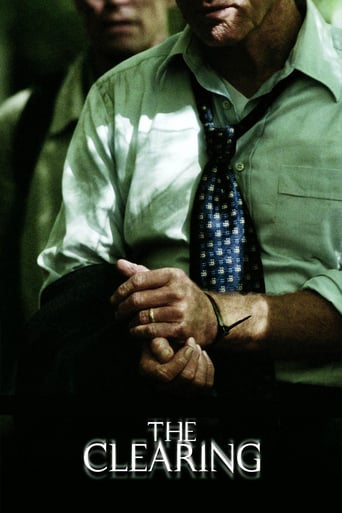
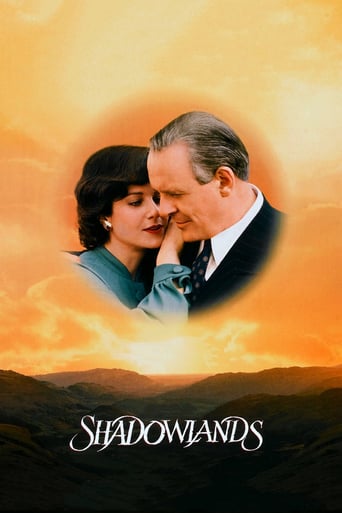
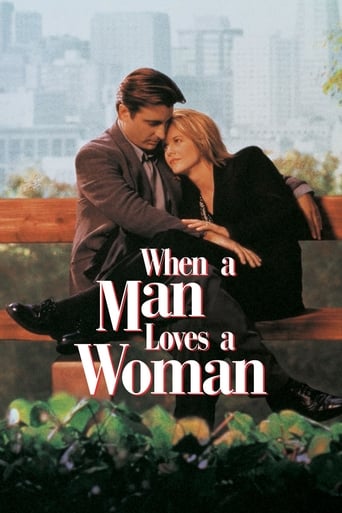
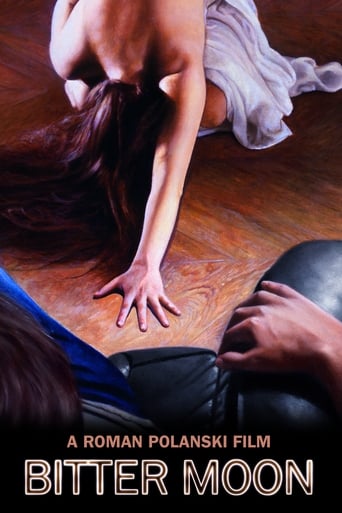
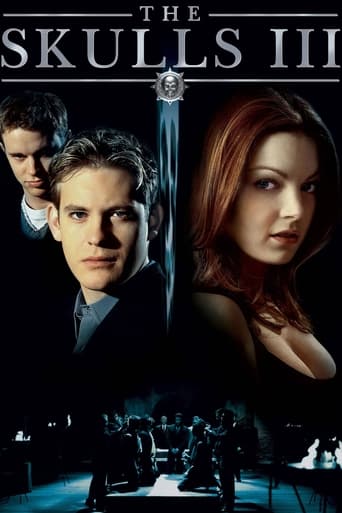
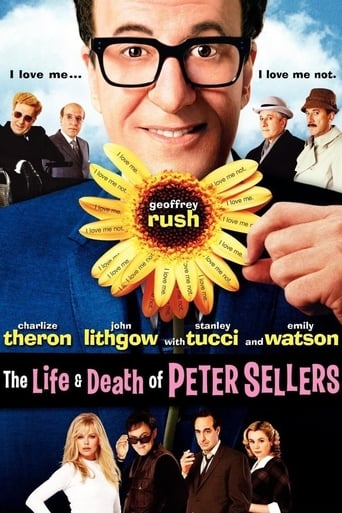

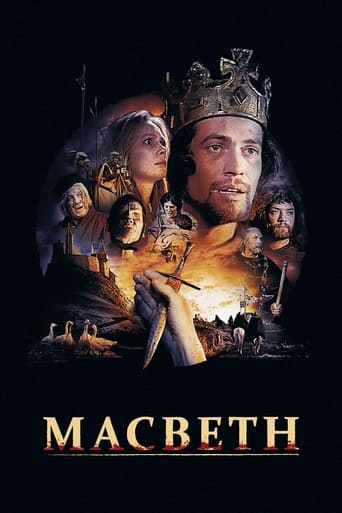
Reviews
Martha Heyer, a librarian in her thirties (Margit Carstensen), is completely oppressed by her high-strung parents but receives a lot of attention from different men, all of whom she turns down because of her family. After the sudden death of her father (Adrian Hoven) and the suicide attempt of her unstable pill-popping mother (Gisela Fackeldey), she is approached by a handsome engineer named Helmut Salomon (Karlheinz Böhm) and agrees to his marriage proposal. He turns out to be a complete sadist and torments her in various ways, from isolating her from her former life to having her skin burnt in the sun and then roughly having sex with her. Martha doesn't know how to cope with the situation and just takes it all in without knowing how to put her anxiety into words, even though a friendly colleague Mr. Kaiser (Peter Chatel) would be willing to listen. Eventually things escalate dramatically.The film's outlook of marriage is definitely bleak; besides Martha's private hell, the marriages of her friends are also presented as shallow and dishonest. The question of why Martha is so helpless and unable to defend herself against Helmut goes back to her old life with her overbearing parents: even though she shows signs of sarcasm and emotional detachment from them, she ultimately cannot leave their influence behind – the devastating power of upbringing and lifelong submission is one of the main themes of the film.The technical direction of the story is done brilliantly; the long shots with moving cameras and the use of mirrors in the mise-en-scène are all enjoyable to examine throughout. Especially the spinning shot of Martha and Helmut's first encounter in Italy dizzies the mind in a good way and catches the feel of instant attraction well. Nevertheless, however skilfully presented, at almost two hours the parade of emotional cruelty feels a little too long and gets slightly repetitive towards the end. Over all, the development from the Ingmar Bergman-style family hell to the melodramatic last scenes helps to create a memorable and effective story arc for the tale though, and the actors suit their roles fine, especially the mousy, red-haired Carstensen. At the time of writing this review, I have yet to see many Fassbinder films, but Martha has certainly gotten me enthusiastic about seeing more as soon as possible. I eagerly recommend the film to anyone interested in R.W.F.'s work or the nature of oppressive relationships.
"Martha" is part of a series of movies by Rainer Werner Fassbinder, in which he treated different kinds of decrease of mind. In "Merchant of the four seasons" (1972), Fassbinder portrayed the former police officer Hans Epp whose carrier is ruined by a prostitute, whose girl-friend is unreachable for him and whose wife shows no affection to him. After a long time in depression, interrupted by alcohol, he decides to kill himself. In "Martha" (1975), a young woman, hardly released out of the hands of her passed away father, marries a brutal and psychopathic engineer who isolates her from her family, forces her to quit her job, imprisons her in their apartment, cuts down the telephone connection and controls her money. He seems to have reached his goal when Martha, after trying to escape with one of her coworkers, has an accident that paralyzes her, letting her in a wheelchair. In "Fear of Fear" (1975), housewife Margot, pregnant with her second child, starts to suffer from hallucinations while neither her husband nor her mother- and sister-in-law are willing to listen to her. After a physician prescribes her Valium, she increases the dose. When she cannot get enough anymore, she helps herself with alcohol. After having been "healed" in a psychiatric clinic, from which she is released under the promise to take regularly her medication, she is typing addresses on envelopes, pretending to be happy.All of these movies by Fassbinder to which also belong, for instance, "Why does Herr R. run amok" (1970), "In a year with 13 moons" (1978), "Despair" (1978), "Veronika Voss" (1982) and certain episodes of "Berlin Alexanderplatz" (1980), have in common that what turns a human insane is, according to Fassbinder, basically the society in which he or she lives. Neither Hans Epp, nor Martha nor Margot have an emotional support from their family. Let alone by their closest relatives, these individuals are inclined to make false decisions, that lead to decrease of mind and often to suicide. Although Fassbinder repeatedly pretended not to be an intellectual, it is important to point out that we know from the several interviews he gave as well as from his theoretic studies that he was well familiar with the works of the Frankfurt School around Adorno, Horkheimer and Habermas as well as with the psychiatry of Lacan. Therefore, I ask everybody who watches "Martha" to have a close look at the book she is reading in the scene where she sits on the balcony of the hotel in which she stays during her honeymoon. The title of this book is "Das enteignete Bewusstsein", written by Hans Kilian, a sociologists from the Frankfurt School, and appeared in 1971. It turns out that the "expropriated consciousness" a process committed in society - is the real reason that is responsible for the decline of Hans Epp, Martha, Margot, Peter, Herr R., Erwin/Elvira, Hermann Hermann, Veronika Voss, Hans Biberkopf and many others whose fate has not been subject of any film.
Yes, hysterical as in exaggerated comedy, and hysterical as in the title character freaking out over her bizarre, ever-degenerating marriage. This is great Fassbinder film-making--the performances, cinematography, and dialogue are brilliant. As in many of his films, Fassbinder takes a perverse joy in keeping the audience balanced between comedy and melodrama, the laughs always tinged with apprehension. The colors are dominated by lurid reds. The arc of the story keeps one queasy as to how horrible the outcome might be.The famous Sirk influence is very obvious in this as in many of RF's early 70's films, but what struck me is the equally obvious influence of Bunuel on Fassbinder's movies. "Martha" owes a great deal to "Belle du Jour" and "Tristana" among many other of the Spanish master's films about the natural perversity of male-female relationships.
A selfish, immature and hysterical woman is progressively destroyed psychologically by a sadistic husband. In line with other Fassbinder movies, such as die Ehe der Maria Braun, this movie depicts a bourgeoisie only interested in money and keeping up appearances, where love is impossible. Beautifully filmed in particular in a baroque house, the effect of the movie is reinforced by the apparent kindness of the husband and its constant reference to love.
